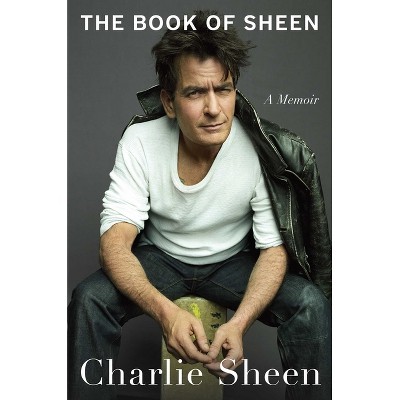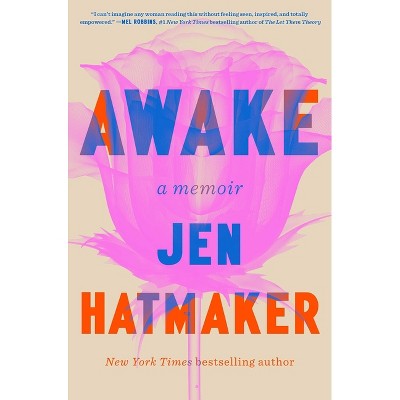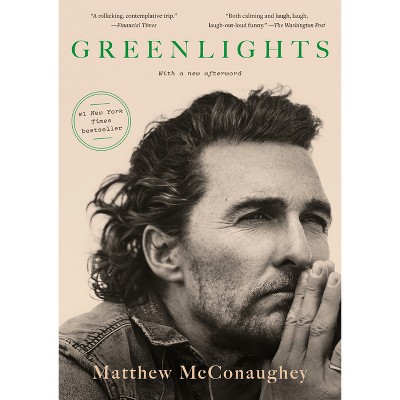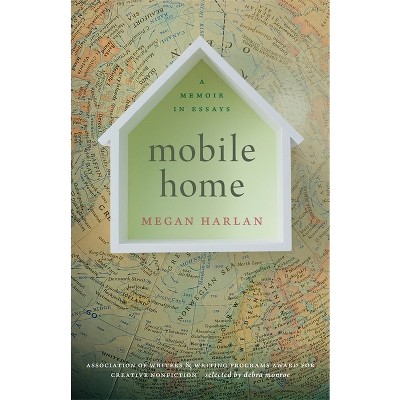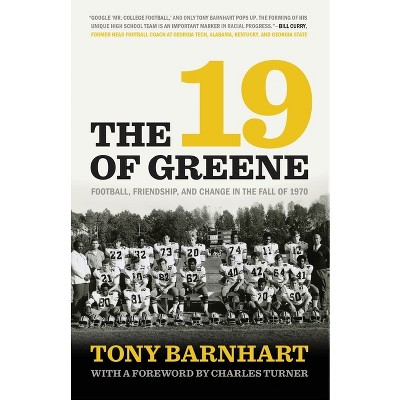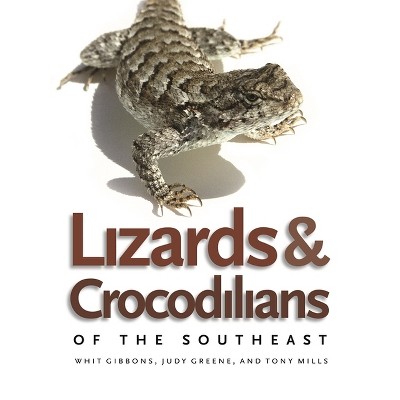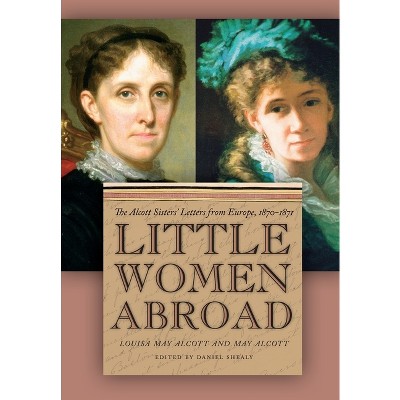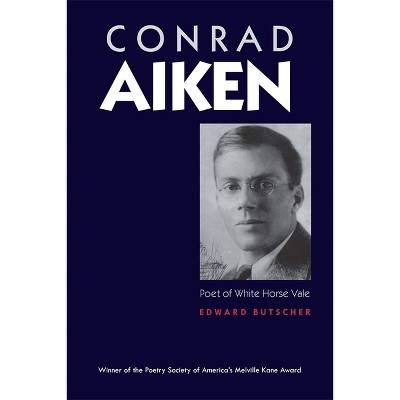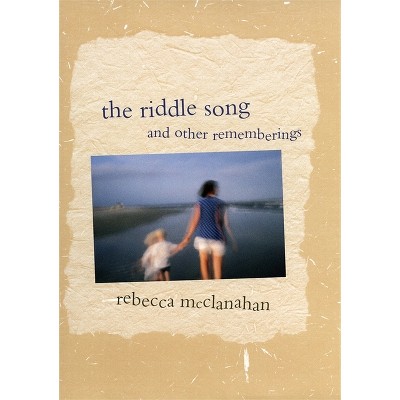About this item
Highlights
- Based on years of research and thousands of notes left by John Bennett, Mr. Skylark is an unusually intimate biography of a pivotal figure in the Charleston Renaissance, the brief period between the two World Wars that first witnessed many of the cultural and artistic changes soon to sweep the South.
- About the Author: HARLAN GREENE is emeritus Scholar in Residence at the College of Charleston's Addlestone Library.
- 408 Pages
- Biography + Autobiography, Literary Figures
Description
About the Book
Based on years of research and thousands of notes left by John Bennett, Mr. Skylark is an unusually intimate biography of a pivotal figure in the Charleston Renaissance, the brief period between the two World Wars that first witnessed many of the cultural and artistic changes soon to sweep the South.Book Synopsis
Based on years of research and thousands of notes left by John Bennett, Mr. Skylark is an unusually intimate biography of a pivotal figure in the Charleston Renaissance, the brief period between the two World Wars that first witnessed many of the cultural and artistic changes soon to sweep the South. The book not only examines Bennett's life but also reveals the rich tapestry of the literary and social history of Charleston.
An outsider who became an insider by marrying into the local aristocracy, Bennett was perfectly placed to observe social and artistic change and to prompt it. He published the first scholarly treatise on Gullah, the language of the coastal Southern blacks, and collected African American spirituals and tales. But after breaking several racial taboos of the time, he was publicly condemned, and it was only through mentoring such writers as Hervey Allen and DuBose Heyward that he was eventually welcomed back into the heart of the city. Today, the Charleston aesthetic, which mourned the loss of beauty in a modernizing South, is often overlooked in the study of Southern literature, but Bennett, through his extensive private correspondence and notes, offers insight into the forces that shaped this cultural movement. Restored to us in all his complexity and humor, Bennett is important for his own accomplishments, but also for providing a lens through which to view southern literary history and the complexities of a changing South.Review Quotes
In this close-up and artful biography, Harlan Greene not only gives us the beguiling John Bennett, he throws light into every corner of the obscure, provincial realm of post-Civil War Charleston.
--Edward Ball "author of Slaves in the Family"Greene's chapters on the Charleston Renaissance and other aspects of cultural life in Charleston in Bennett's time are quite informative. Greene has brought together much more information on that subject that anyone else this reviewer has read, and he casts light on the nature as well as the limitations of Charleston's cultural life.
--Journal of American HistoryAbout the Author
HARLAN GREENE is emeritus Scholar in Residence at the College of Charleston's Addlestone Library. He was also director of Archival Services at the Avery Research Center for African American History and Culture, and he founded the archives at the Charleston County Public Library. Greene is chair of Charleston's Historical Commission. An award-winning novelist, he has also authored or coauthored several nonfiction works, including Mr. Skylark: John Bennett and the Charleston Renaissance (Georgia) and Slave Badges and the Slave-Hire System in Charleston, South Carolina, 1783-1865. He is also the coeditor of Renaissance in Charleston: Art and Life in the Carolina Low Country, 1900-1940 (Georgia).Shipping details
Return details
Trending Biography & Autobiography



